Shopping for a reliable indoor or outdoor security cameras, video doorbells or a combination of all of these could seem like a daunting task. When it comes to securing your property, it is very important to find a gadget that you can completely trust. With security breaches, subpar software, costly subscriptions, and slow video feeds, it is a challenging task to identify a camera brand that provides 360-degree security. Apple’s HomeKit Secure Video system (HSV) might seem like a good option but it is necessary to closely monitor its pros and cons before heading with its purchase.
Hardware/Software Requirements
Wishing that buying Apple’s Homekit Secure Video was as easy as buying a security camera? Well, better luck next time because here are the mandatory hardware and software tools you would need to successfully install an HSV at your place.
· Apple Home Hub and iCloud Subscription
You will need a Home Hub, like HomePod mini, HomePod, or an Apple TV that serves as a central control hub for Homekit devices, along with an iCloud subscription. Using an iPad as a Home Hub might seem like a viable option but Apple has explicitly mentioned that iPad is not supported as a home hub on the new, more reliable, and more efficient Home architecture which has a separate upgrade option in the Home app.
Once you have your HomeKit-compatible camera and your designated home hub, the final step is to choose an iCloud subscription. Your choices include:
- A 50 GB plan for $1 or £1 per month, which supports one camera.
- A 200 GB plan for $3 or £3 per month, accommodating up to five cameras.
- A 2 TB plan for $10 or £9 per month, for an unlimited number of cameras.
Apple’s latest iCloud+ plans support an unlimited number of HomeKit Secure Video (HSV) cameras, and the video footage captured by these cameras doesn’t use up your allocated iCloud storage capacity. Though the integration of Home Hub and iCloud subscription might make the HSV seem like a pricey prospect, here are a few compelling reasons why you should take the plunge.
Pros Of The Apple Homekit Secure Video
1. End-to-end Encryption
The most riveting reason why you should go for Apple’s Homekit Secure Video System is the fact that it features end-to-end encryption. Apple places high importance on user privacy and security, making HomeKit Secure Video a strong choice for those concerned about data protection. This means that no other entity, including the security camera manufacturer and Apple, can video the security footage recorded in the system. Even if a hacker manages to intercept your feed, deciphering it won’t be possible.
End-to-end encryption is not a security standard and majority camera service providers out there in the market do not provide this facility. Contrary to local storage, storing your recorded videos on cloud might expose you to privacy concerns. However, Apple boasts a strong track record in terms of privacy. Though the Copernicus giant does not manufacture security camera, integrating HSV cameras with video doorbells can ensure all round safety of your property. Pairing Apple’s Homekit Secure Video system with devices from Eve, Logitech, Eufy, and Aqara will send alerts to your Apple device notifying you every time there is a security breach.
A live stream on your Apple Watch or Apple TV enables users to quickly identify visitors at the door and the video load time is real quick.
2. Facial Recognition
Apple’s Homekit Secure Video (HSV) system also features facial recognition which allows users to identify individuals through pictures in the photo gallery. It does a fairly decent job distinguishing between people, packages, vehicles, and animals.
3. Configure Multiple Activity Zones
Apple provides users with the option to configure multiple activity zones. This equips users with the ability to specify areas within the camera’s field of view that should trigger recordings or alerts. For instance, if your video doorbell is positioned facing the street, setting these zones enable you to exclude alerts from passing pedestrians while still receiving notifications when someone approaches the driveway or porch.
4. Ease Of Use:
Apple is renowned for its user-friendly design. The fact that the HSV can be seamlessly integrated with other Apple devices makes it an enticing option to consider. Setting up and managing your security cameras can be relatively straightforward if you’re familiar with Apple’s interface.
Also Read: Top 10 Tech Influencers Shaping the Digital Landscape
Cons Of The Apple Homekit Secure Video
1. Issues With Motion Detection
Occasional issues with the motion detection feature when it fails to record the events that it should have captured. What is more troubling is the fact that you may not always be aware of these missed events. Even the troubleshooting options and other potential fixes fail to resolve the issue consistently.
2. Disconnections
Random disconnections from connected devices like video doorbells and Homehub can also be frustrating at times. The issue, however, can be resolved with a reboot.
3. No Support For Android Phone And Smart Displays
HSV works only with Apple devices and does not support Android phones and smart displays. Receiving alerts or monitoring cameras remotely when you are away from home become challenging if you do not own an iPhone. Plus, to be able to fully utilise the HSV features, it is necessary to integrate it with devices like Apple TV, Apple Watch, and HomePod.
4. Video Quality Limit Upto 1080p
With the widespread availability of 2K and 4K cameras, video quality of the HSV being limited to 1080p is a matter of concern. Even if you choose a camera with higher resolution, integrating it with HSV will limit the video quality to 1080p.
Frequently Asked Questions (FAQs)
Q1. What is HomeKit Secure Video?
It is a security camera system by the tech giant, Apple. offer dependable surveillance solutions for both indoor and outdoor use. It helps tackle issues like security vulnerabilities and slow live video feeds.
Q2. What are the benefits of using Homekit Secure Video?
The fact that it can be seamless integrated with other Apple devices makes it a very convenient security option. It offers enhanced security features, with end-to-end encryption and protects user data.
Q3. Is HomeKit Secure Video suitable for non-Apple users? The device is designed to primarily cater to Apple users. Non-apple users might take the HSV into consideration if they are willing to make a significant investment in building a comprehensive security system.




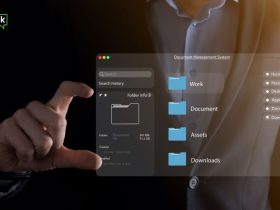

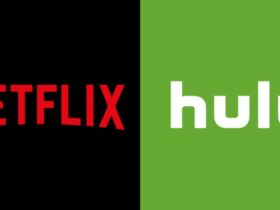



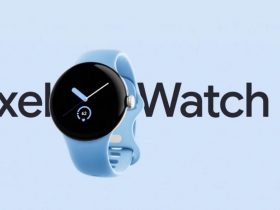
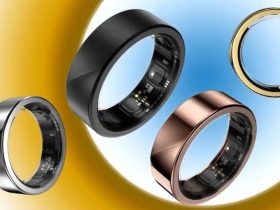
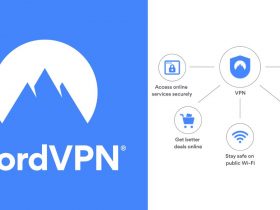

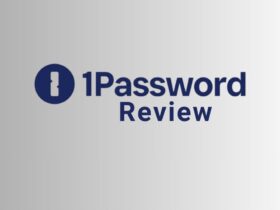


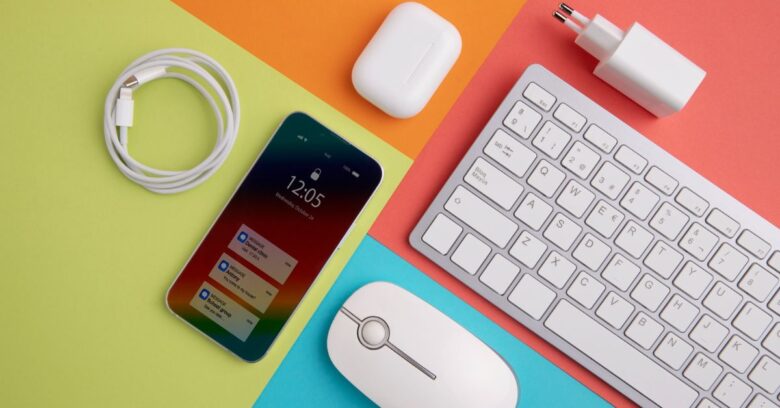









Leave a Reply